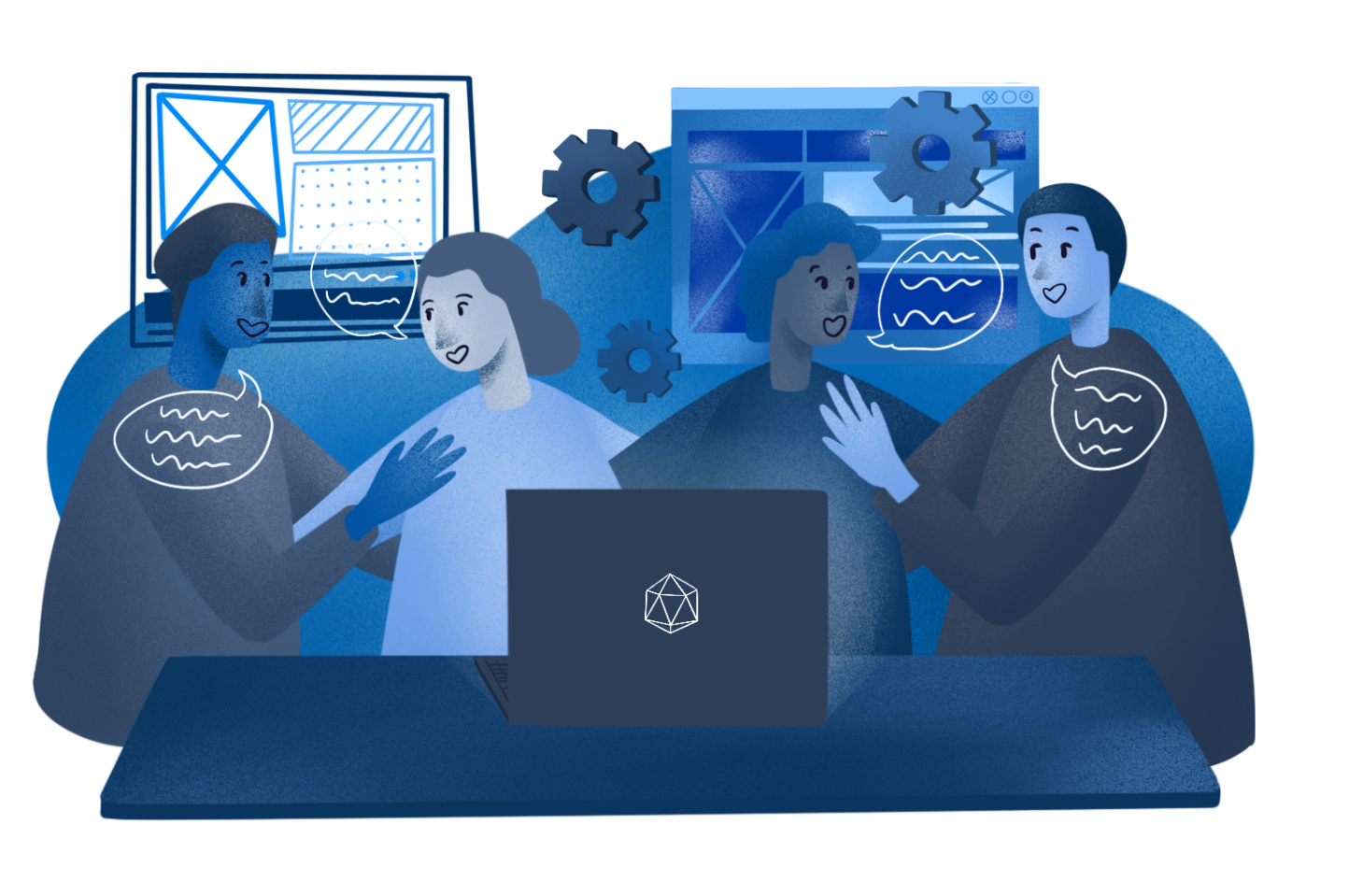Corporate Culture: How Much Do You Really Know?
Vision
Between past and present, the evolution of corporate culture intertwines with a growing awareness of its social responsibility

The term “corporate culture” is so broad and overused that it seems to encompass almost everything, yet it appears to mean almost nothing. Its evolution, however, weaves a fascinating narrative where social changes, technological revolutions, and entrepreneurial visions intersect in harmony with events beyond office walls.
Starched collars and an equally rigid corporate culture are the legacy of the ’60s when the concept of corporate culture was just taking root. This perspective gave way in the following decade to the fruits of ’68: increased presence of women in managerial roles and more guarantees for workers, while the hippie movement influenced the dress code.
The contributions of the ’80s and ’90s include production awards, the race to lower costs, and the need to “invoice” at all costs, deviating significantly from the sense of belonging and sharing advocated by corporate culture theorists.
However, it is the rise of start-ups in Silicon Valley, with their influence from overseas, that puts the social and personal responsibilities of companies more into question.
Corporate Culture, What Is It?
Edgar H. Schein, an authority in organizational culture analysis, asserted that the only way to understand an organization was to understand its culture. This includes a combination of theoretical and practical elements that enable employees and stakeholders to identify and adopt the fundamental values of the company.
However, we should not envision it as the rationalization of a thought; corporate culture begins to take shape long before the creation of the business, drawing from the values, ideas, and goals of its founders. However, it is only when the company comes to life with people that organizational culture takes form and solidifies.
Our philosophy
Our vision comprises three pillars: transparency, personalized training, and dedication, converging towards the goal of valorizing the personal characteristics of each individual within the group context.
Transparency and Collaboration
Synonymous with clarity, from an HR perspective, transparency is an open window to our offices. Contracts, benefits, projects are presented clearly and accessibly. Explicitly stating expectations and listening to those of collaborators allows us to avoid misunderstandings and conflicts, creating a work environment where decisions are a matter of collaboration.
Personalized Training for Development
“Culture eats strategy for breakfast” is a famous quote attributed to management consultant and writer Peter Drucker, emphasizing how an empowering culture is a safer path to organizational success.
HRM training is conceived as a tailor-made suit for each individual. It is not generic preparation but a path designed to develop specific skills in line with ongoing projects and individual characteristics.
The Beating Heart
It is about dedication to the projects we carry out, but, even more importantly, to those who work with us. Taking care of our collaborators not only as working resources but primarily as individuals, with a profound understanding of their value beyond professional skills, allows us to work on individuals and create a cohesive team.
Organizational Culture and Social Responsibility
Recognizing one’s sociocultural responsibility as a company is essential today. To pursue a robust and dynamic organizational culture, it is necessary to recognize foundational values as central but not rigid elements. Flexibility is the key to adapting to a fluid and evolving context, such as that of the job market.
While it is undeniable that the success of a business depends on numbers, it is equally true that productivity is directly proportional to the well-being of the individual within the group, a result of a work environment that nurtures and values the potential of each individual.
A company with a solid corporate culture and awareness of its impact on the community emerges as a catalyst for social progress. Through a positive and inclusive working environment, it not only improves the quality of life for its employees but also contributes tangibly to shaping a fairer society. The awareness of the social role thus becomes a powerful lever to promote values of justice and well-being, generating a positive impact that extends well beyond the company walls.